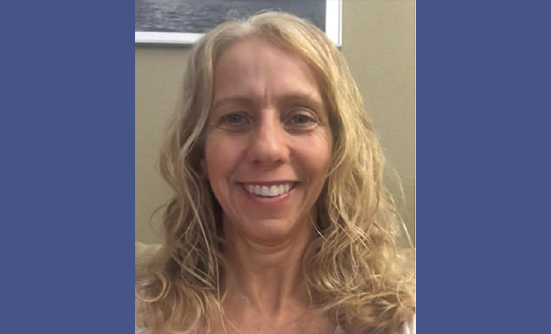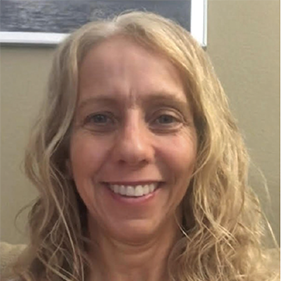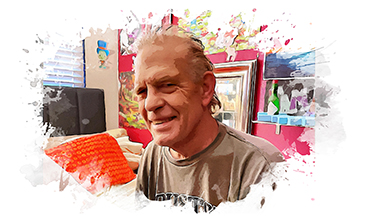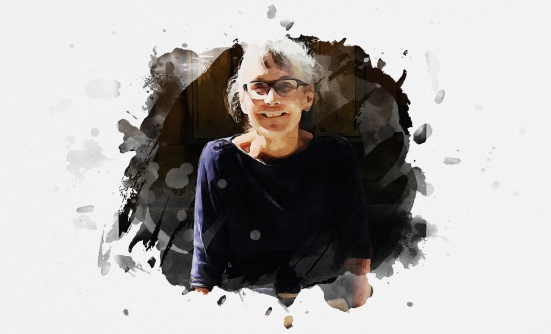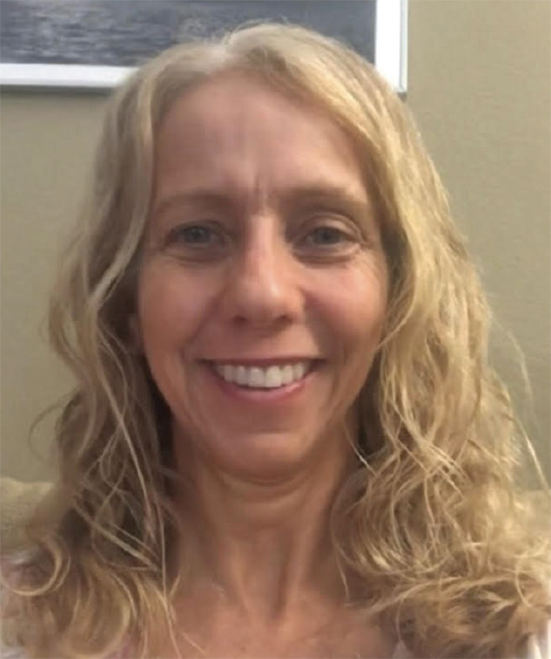
A routine mammogram revealed an abnormality on my right breast. Two weeks later, I had an ultrasound that confirmed the presence of a lump. That was followed 2 days later with a biopsy, which confirmed the diagnosis of stage I (early) breast cancer.
Wow! This is something that happens to other people, not to me—until now. I had just started a new job and had a new health insurance. How was all this going to work?
From Triathlons to Trauma
I am a 53-year-old athlete and a physical therapist; I received All-American awards in track and cross country, and completed several Ironman triathlons, including the world championships in Kona, Hawaii. I place in the top of my age-group in marathons and triathlons. I eat healthy and get a lot of sleep.
When I heard my diagnosis, I was so devastated that I was unable to say the words “I have breast cancer” without immediately crying. I wanted people to know my news, so they could pray for me and support me, but it was too traumatic for me to tell them.
My husband was kind enough to break the news to the people who needed to know. I have a wonderful family and friends who provide much-needed love and direction on how to proceed.
I consulted with a few friends, who put me in touch with other friends, one of whom had been diagnosed with breast cancer just before COVID-19 hit. She was an invaluable resource and referred me to her doctors. She took me through all the steps she had gone through, and reassured me that my early-stage cancer was very treatable. That was her journey, but I didn’t yet know what mine would be.
Difficult Decisions
I received a lot of information from my medical team, my medical friends, and an online small support group, as well as the Internet. I was so fortunate to have different treatment options, but as several people told me, making the decision about the treatment was one of the hardest steps.
There were many questions to consider. Should I have a bilateral (or double) mastectomy, that is, remove both breasts or just the right breast? Should I have breast reconstruction with spacers? How many surgeries will be required, and how long is this all going to take? Should I have breast reconstruction with my own tissue, or with a breast implant? And what kind of implant? How long will the implant last before I would need surgery again? Or: should I just go flat?
After much prayer and several weeks seeking advice from my medical team, I chose the least aggressive surgery, which is lumpectomy, or breast-conserving surgery.
Cancer recurrence was a concern with this option, but so was an aggressive hours-long surgery with drains and overnight stays in the hospital. No matter what my choice, there were risks. At the time, it appeared that my breast cancer was the least aggressive type and was very slow-growing, so this seemed the best choice.
The Appointment Dance
While going through this process, I had many medical appointments. Sometimes just to get the appointment would take an hour on the phone. And COVID-19 was in full swing, which meant that everything took longer.
My workplace was willing to work around my appointments and let me, even encourage me, to work weekends to make up for taking so much time off during the week.
I wanted to be sure I was making the right choice, so I had second opinions to get more information. Also, it turned out that the tests I did showed additional abnormalities, such as abnormal heart rhythm that was found on my EKG, so I had to have new appointments and more tests.
Because of the EKG findings, my cardiologist had to clear me for surgery, which happened only 4 days before my planned surgery. All this added to the stress of not knowing if the surgery would be further delayed.
Prayer
I have been a Christian for a long time, and I pray almost daily, but my faith had not been tested like this before. I prayed for healing, strength, and that God could use my diagnosis for something good. I was on prayer chains for many friends and churches of friends.
I was overwhelmed by realizing how much people cared for me, and how much God loved me. I have a good friend who is a coach of a Christian college triathlon team. When she came with the team for a triathlon race, the entire team gathered around and prayed for me. It moved me to tears.
Surgery, and Running Again
I thought that I would still be very emotional on the day of surgery, but instead, I was relieved and almost giddy. I had worked so hard to make it to this starting line.
My husband brought me to the hospital, and I remember handing him my phone and everything valuable, because I wouldn’t need these. I just needed to bring my body, or my breast, to be specific. COVID-19 was still going on, but my husband was able to come to the pre-op and meet all my doctors. The mood was very light.
I was wheeled into the operating room and then, just like in the movies, I was in the recovery room, disoriented but alive. My doctors told my husband that the surgery went well, and the margins were all clear.
Because I have a physical job, I was off work for 4 weeks, with lifting restrictions, but soon enough I was able to go for hikes to help elevate my heart rate. After 6 weeks, I was able to start lifting weights and running again.
Grateful
A few days after surgery, the sentinel node biopsy I had did not reveal any cancer in my lymph nodes. A few weeks later, I received the results of the Oncotype Dx Breast Recurrence Score test, a genomic test used to evaluate the risk of cancer recurrence. My test score was 11/100. Chemotherapy is not recommended for a score of less than 25/100, but radiation is still recommended. I was able to go for my 21 radiation visits at 8:00 AM, before I went to work.
I used a special lotion to protect my skin, and my doctor said that I was “remarkable” in how well I responded to treatment.
My treatments concluded just before Thanksgiving, and I had so very much to be thankful for. I know I was very blessed that my cancer was caught early and was very treatable.
Many people die from cancer each year, which is personal for me. My brother died of testicular cancer when he was 21. One of my friends died of cancer at age 54, while I was receiving treatment for breast cancer.
All this makes me so grateful to be alive, grateful to all the medical experts who treated me so well and encouraged me along the way, grateful to have a wonderful husband, friends, and family who have prayed for me and supported me.
I have many follow-up visits and will be taking tamoxifen probably for the next 5 years to prevent recurrence. There are still many uncertainties, but I trust that God wants me alive for now, and that I can honor Him with my story. With all this support, I am well on my way to the finish line of my most important race of a cancer survivor.





